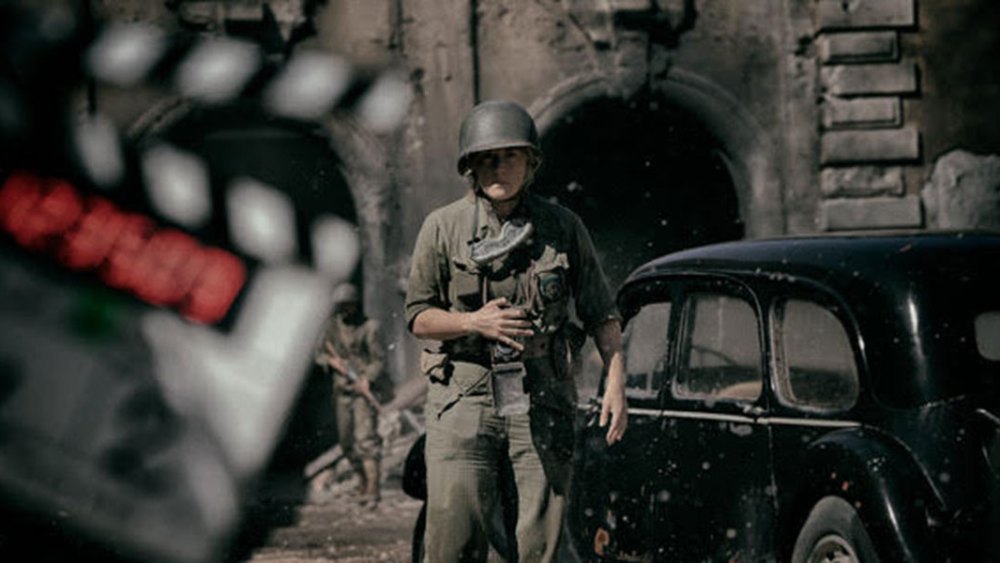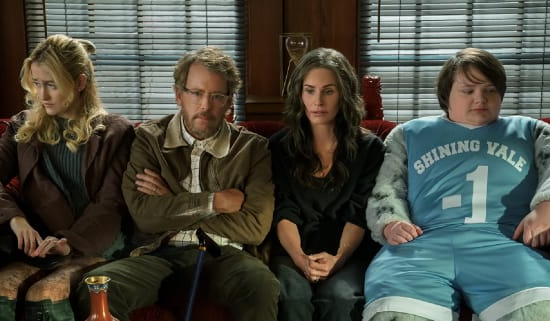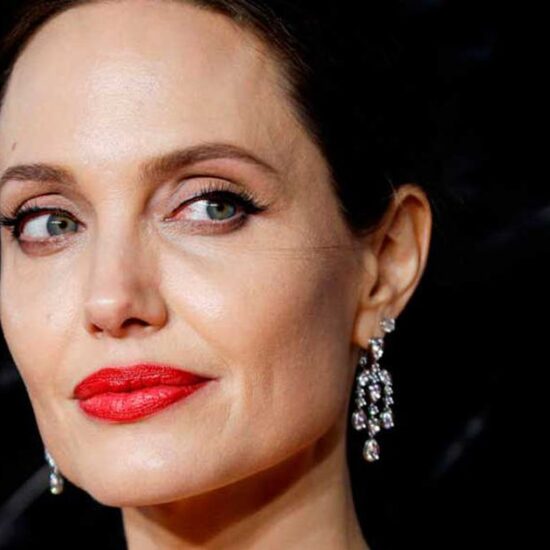
“I’ve been the model. I’ve been the muse. I’ve been the ingenue. But I was done with that. I was good at drinking, having sex, and taking pictures. And I did all three as much as I could.” – Lee Miller
When an elder Lee Miller, played by Kate Winslet, sits down with a young journalist to tell the story about her role during World War II in the war drama “Lee,” the memorable line sets up the filmmaker’s ultimate goal: tell the world about one of its most unsung heroes.
Along with a “Saving Private Ryan”-esque opening battle sequence, “Lee” presents itself as a glossy, character-study, looking for a home out of the acquisition market after premiering at the Roy Thomson Hall Theatre at TIFF on Saturday night. An affecting drama that puts the viewer right into the war zone, it’s led by another committed and bombastic turn by Academy Award winner Winslet.
In the glitzy world of Hollywood, where talents often rise and fall like shooting stars, Winslet has transcended beyond her fame, showing range and depth.
The film is the latest of the multiple one-name biopics this year (“Oppenheimer,” “Rustin” and “Nyad”) that hopes to drum up awards attention, and its star power has made it one of the buzziest titles on the market. As “Lee” seeks distribution to make a possible play this awards season (or next), adult programming finding a home at studios is not the easy “sell” it once used to be. When you add the ongoing Hollywood strikes that have crippled the industry since May, a film’s financial prospects must be clearer than they once were. It already has Sky Cinema distributing in the U.K.
With powerful action sequences and memorable re-creations such as the filming of Hitler’s apartment, where Lee took the iconic image of herself in his bathtub, the movie has potential for varying prospects, with awards and financial prospects.
Winslet, who was not in attendance for the premiere, is another example of a talented actress seeking stories and passionately bringing them to audiences, and playing multiple roles in bringing them to life. Serving as a producer along with Kate Solomon, she joins Margot Robbie (“Barbie”), Emma Stone (“Poor Things”) and Natalie Portman (“May December”), who also served as actors and producers on their film sets.
Her versatility as an actress has been one of her strongest traits as she goes from Rose DeWitt Bukater in “Titanic” to the multi-hair-colored Clementine Krucynski in “Eternal Sunshine.”
Based on the autobiography by Antony Penrose, and written by Liz Hannah, Marion Hume and John Collee, the film tells the story of photographer Elizabeth ‘Lee’ Miller (Winslet), a fashion model who became an acclaimed war correspondent for Vogue magazine during World War II. Also among the cast are Andy Samberg (in a surprisingly effective serious turn), Josh O’Connor, Andrea Riseborough and Noémie Merlant.
An Oscar best actress winner for “The Reader” (2008), along with an impressive six career acting noms, you see similarities to her fearless approach as a former Nazi concentration camp guard in the film that won her the statuette.
Winslet continues to get better and more confident in her acting abilities. At 47, she’s unafraid to show her naked body or de-glam her stunning appearance in order for the audience (and herself) to connect with the character she’s portraying. This isn’t always the sure-fire way to get attention as we’ve seen in years past. As easily as it can follow in the footsteps of Stephen Daldry’s 2008 film, it could also be seen as a solo vehicle for Winslet like “Ammonite,” where she stood above the film’s overall quality.
In her directorial debut, Kuras, who worked as the cinematographer on Winslet’s fourth Oscar-nominated film, “Eternal Sunshine of the Spotless Mind” (2004), holds an assured filmmaking hand. As she said in a recent Variety interview, the D.P. turned director considers herself “part of the Deaf world,” with extremely limited hearing due to a fever she had as an infant.
A passion project for Winslet for several years, she had a guiding hand in bringing the cast, director and artisans onto the project. Kuras and Winslet called up Oscar-winners Alexandre Desplat (“The Shape of Water” and “The Grand Budapest Hotel”) to compose the music, Mikkel E.G. Niesen (“Sound of Metal”) to edit and Michael O’Connor (“The Duchess”) to re-create the gorgeous and historic costumes. The film is shot by Oscar-nominated D.P. Pawel Edelman (“The Pianist”).
Shot in three countries over nine weeks in late 2022, the film shows the horror of the time with dignity and doesn’t use the disturbing and the re-creation of the heartbreaking pictures, for shock value.
If anything, the film makes you even more curious to learn about Lee’s life and contributions; something I’m sure was on the list of Winslet and the team’s ultimate goals. Mission accomplished.













